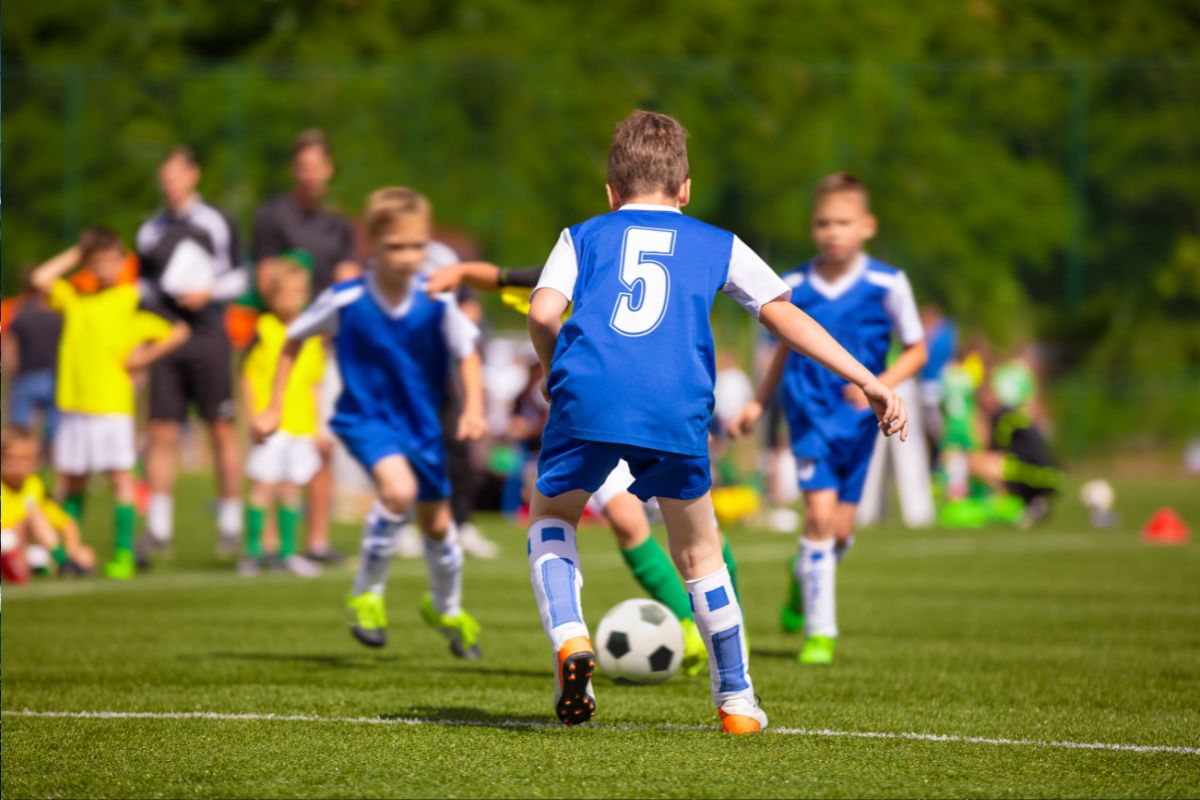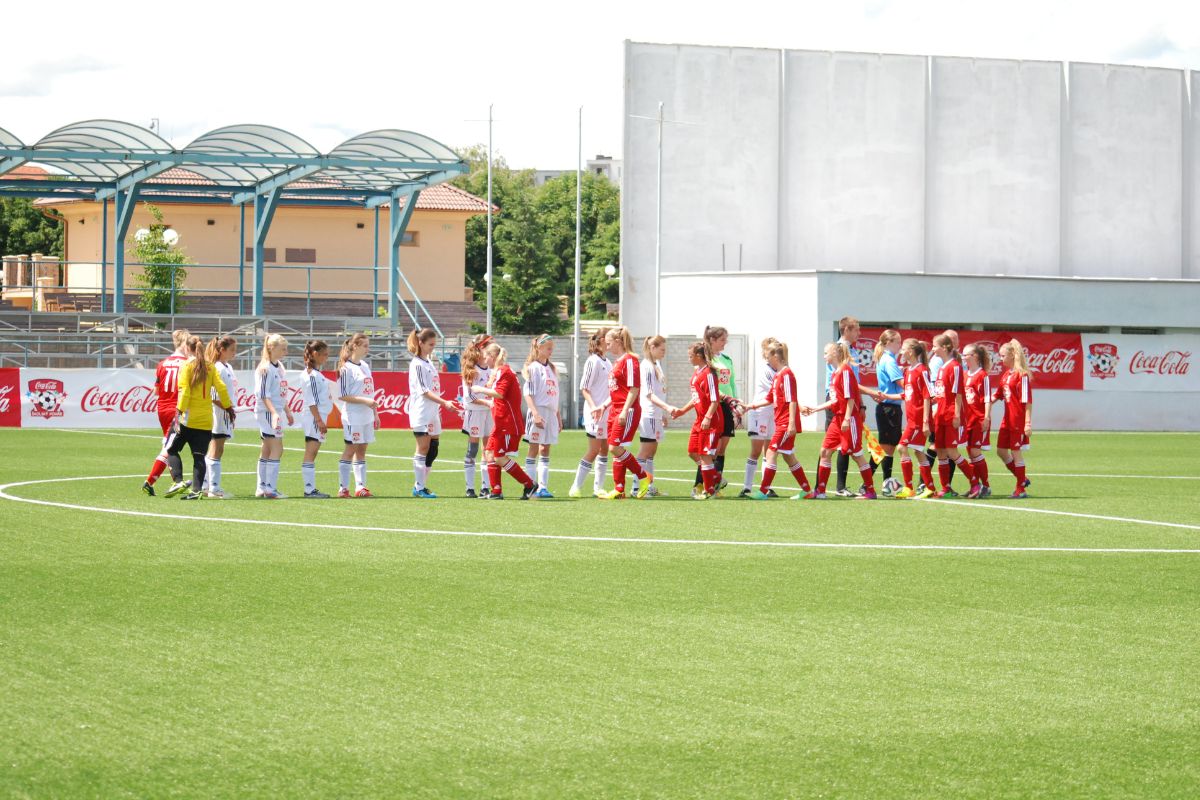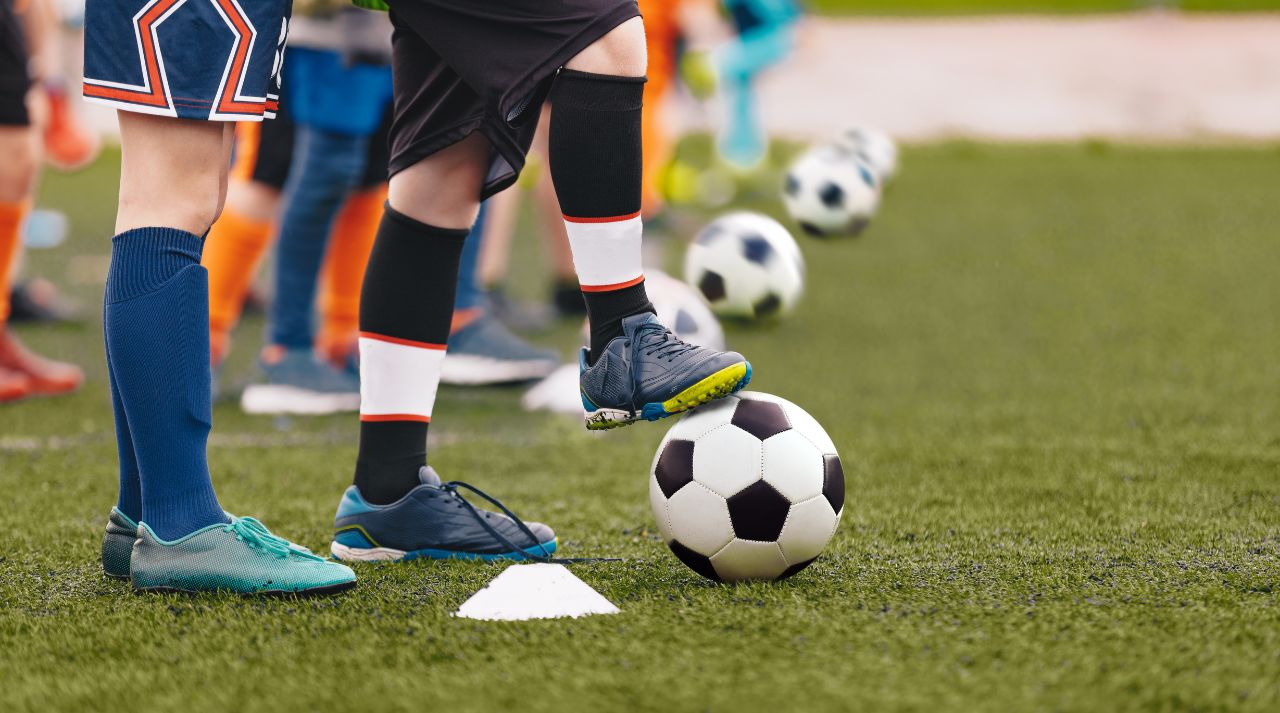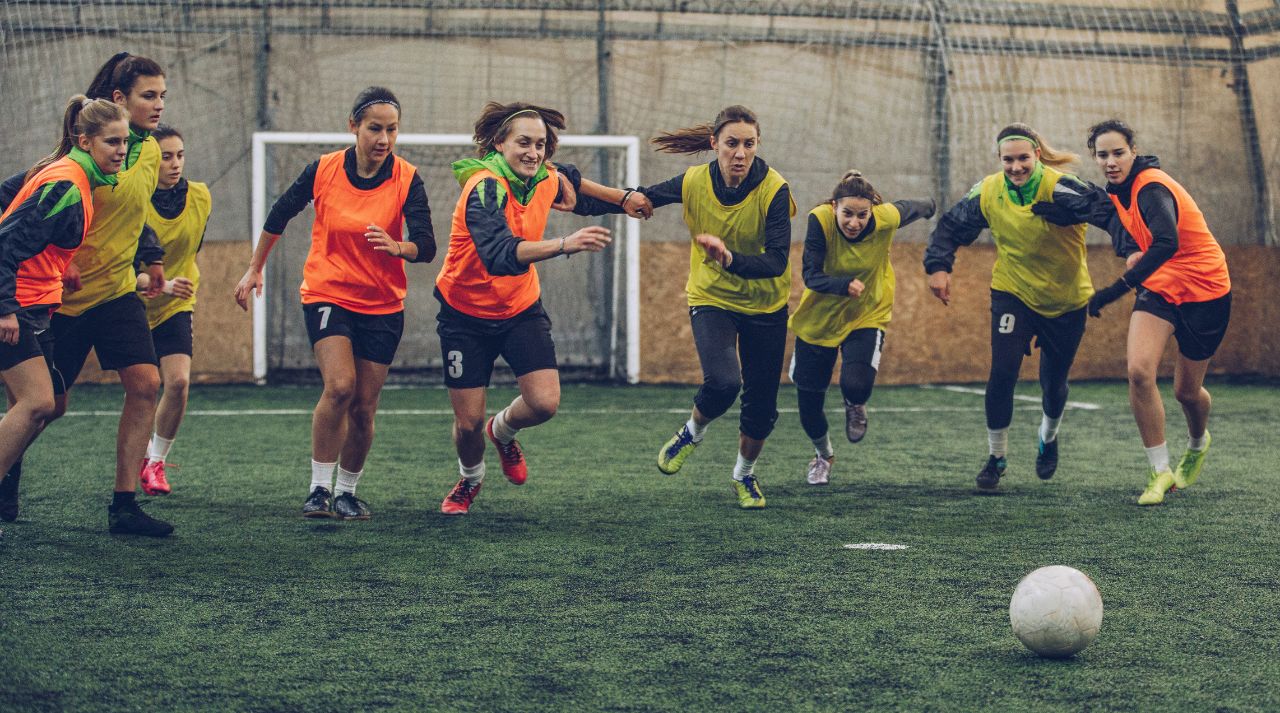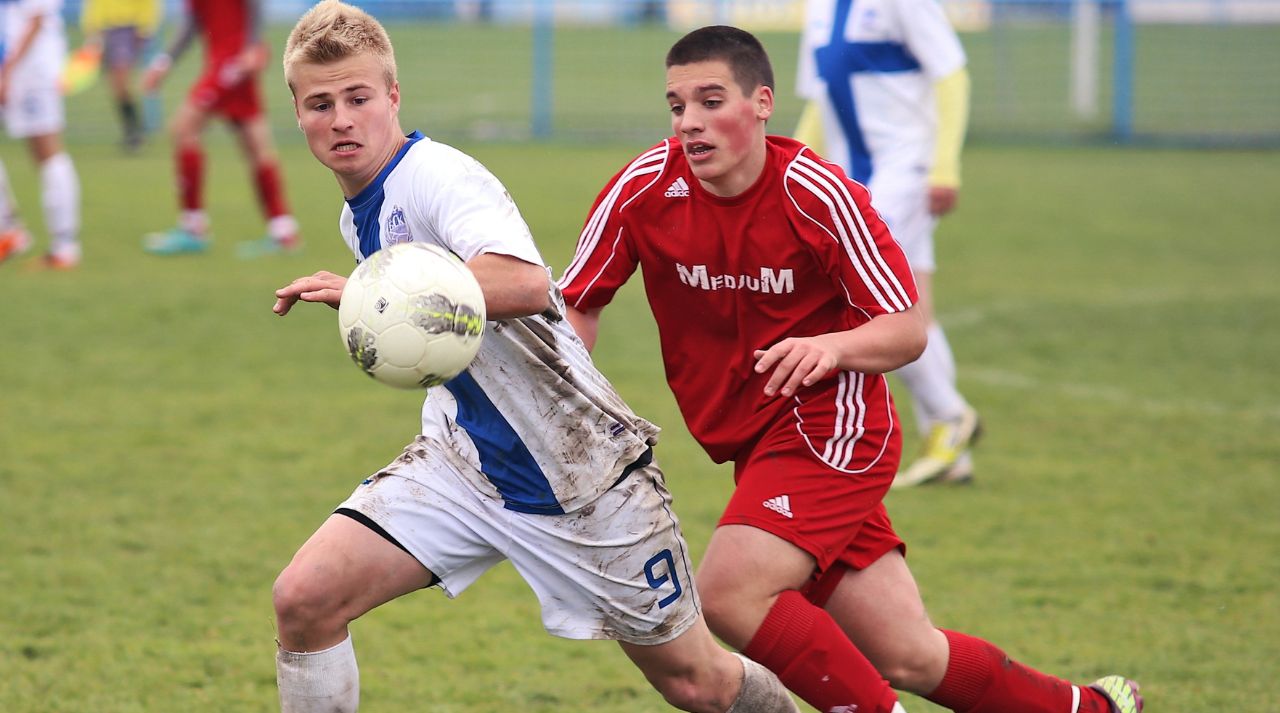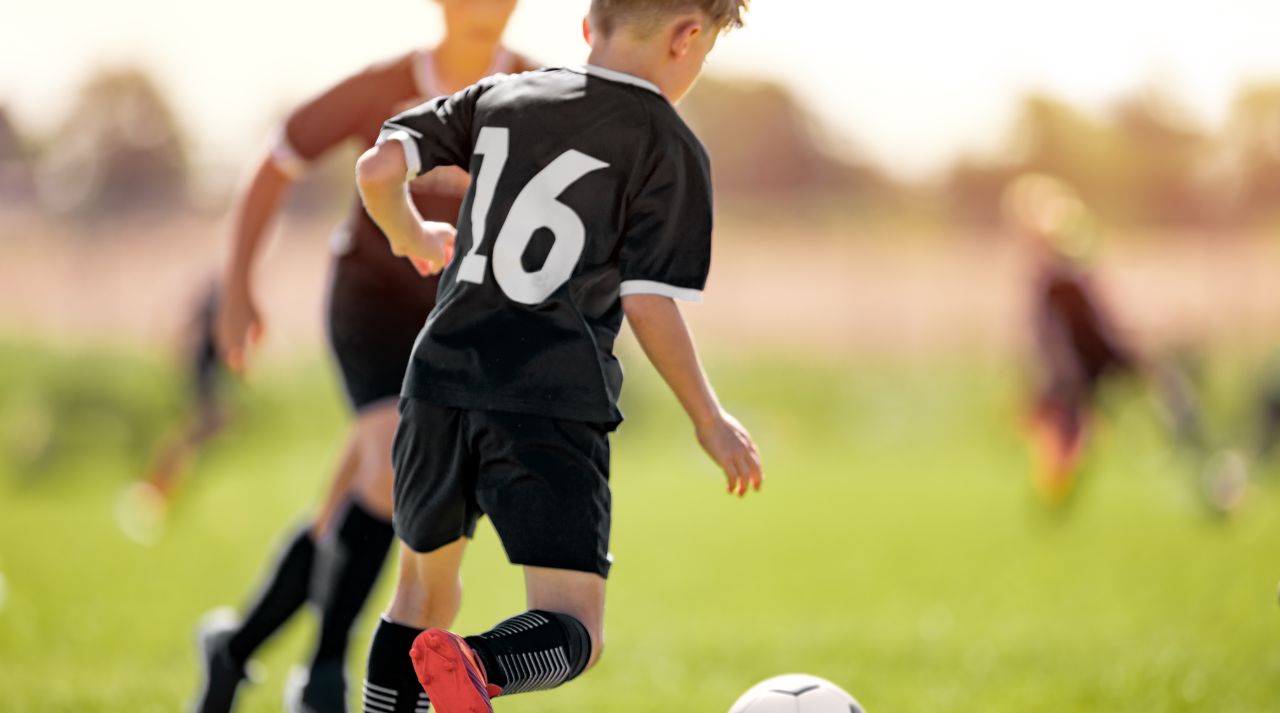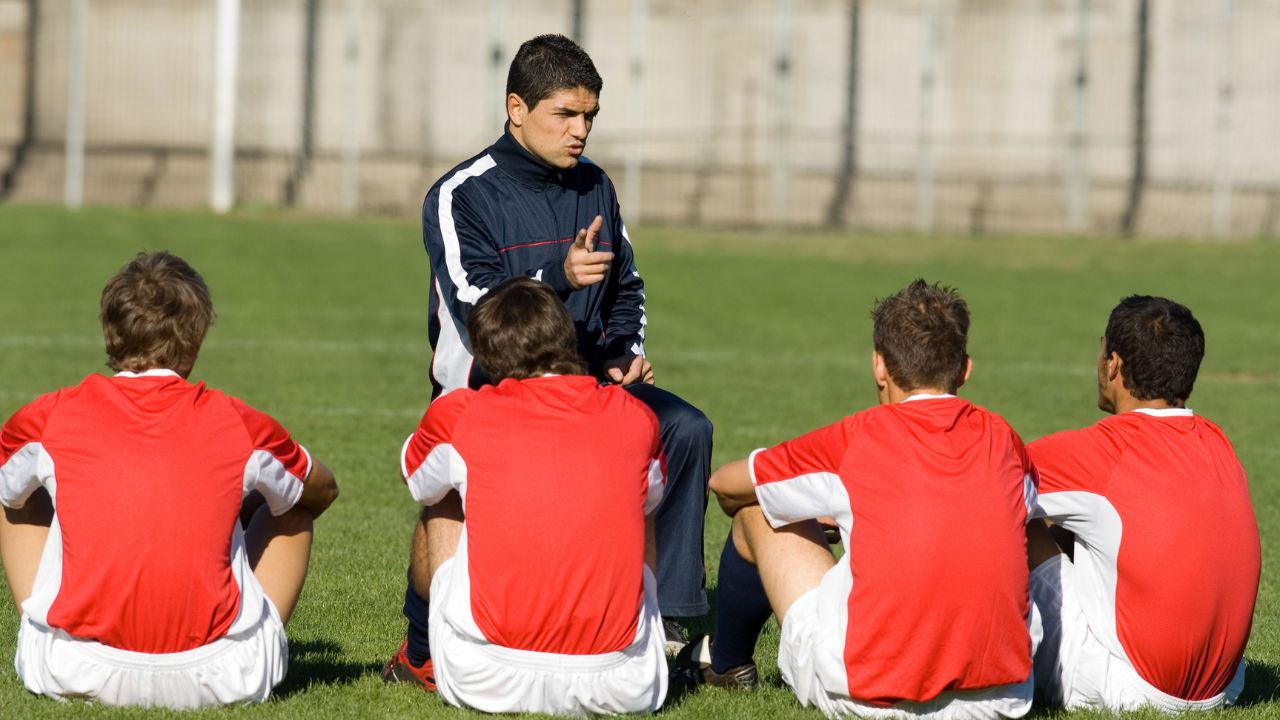For young footballers aged 7 to 12, the journey of developing their skills and passion for the game is paramount. It’s a crucial period where foundational techniques are honed, teamwork is learned, and a love for the sport is nurtured. That’s why the One Tournament Nationals stands out as an exceptional platform for these budding athletes. As the UK’s number one national tournament for this age group, it provides a unique and enriching experience that goes beyond simply playing football.
A Stage for Growth and Development
The One Tournament Nationals is more than just a series of matches; it’s a comprehensive developmental experience. For U7 to U12 players, participation offers a chance to test their abilities in a competitive yet supportive environment. The structure of the tournament, progressing from regional heats to the national final, allows players to experience different levels of competition, building resilience and adaptability.
The regional heats provide a platform for players to showcase their skills against teams from their local area. This initial stage allows them to build confidence and learn from their peers. The progression to the national final elevates the competition, providing a taste of high-stakes football. This journey from regional to national level is invaluable, fostering a sense of achievement and motivating young players to strive for improvement.
Exposure to Diverse Playing Styles
One of the unique aspects of the One Tournament Nationals is the diverse range of teams participating. With regions like North, Midlands, London, South, Wales, and North West all represented, players are exposed to a variety of playing styles and tactical approaches. This exposure enhances their understanding of the game and broadens their footballing horizons.
Facing teams from different regions challenges players to adapt their strategies and learn new techniques. This diversity is crucial for their development, as it prepares them to face a wide range of opponents in future football tournaments. The One Tournament Nationals, therefore, becomes a microcosm of the broader footballing world, providing a rich learning environment.
Building Teamwork and Sportsmanship
Football is a team sport, and the One Tournament Nationals emphasises the importance of teamwork and sportsmanship. Players learn to communicate effectively, support their teammates, and work together towards a common goal. The tournament’s focus on fair play and respect for opponents instills valuable life lessons that extend beyond the football pitch.
The camaraderie built during the tournament is another significant benefit. Players form strong bonds with their teammates, creating lasting friendships and memories. This team spirit is essential for success in football and life, making the One Tournament Nationals a valuable experience for young athletes.
A Professionally Organised Experience
One Tournament prides itself on its professional organisation, ensuring a seamless and enjoyable experience for all participants. From well-maintained pitches to qualified referees, every aspect of the tournament is carefully managed. This attention to detail allows players to focus on their game and enjoy the experience without unnecessary distractions.
Parents and coaches can also appreciate the well-organised nature of the event. The clear communication, efficient scheduling, and supportive staff contribute to a positive and stress-free environment. This professional approach sets One Tournament apart from other football tournaments, making it a preferred choice for many.
Creating Lasting Memories
Ultimately, the One Tournament Nationals is about creating lasting memories. The thrill of competing in a national tournament, the excitement of playing in front of a crowd, and the joy of celebrating victories are experiences that players will cherish for years to come. These memories foster a lifelong love for football and inspire players to continue pursuing their dreams.
The tournament also provides opportunities for players to meet and interact with other young footballers from across the UK. This networking aspect can be beneficial for their future footballing careers, creating connections and opening doors to new opportunities.
Why Choose One Tournament for Football Tournaments?
For parents and coaches looking for high-quality football tournaments for their U7 to U12 players, the One Tournament Nationals is an ideal choice. Its focus on player development, diverse competition, professional organisation, and creation of lasting memories makes it a standout event. By participating in this tournament, young players gain invaluable experience, develop their skills, and ignite their passion for football.
One Tournament is dedicated to providing exceptional football tournaments that nurture young talent and promote the values of teamwork and sportsmanship. The One Tournament Nationals is a testament to this commitment, offering a platform where young players can thrive and reach their full potential.

